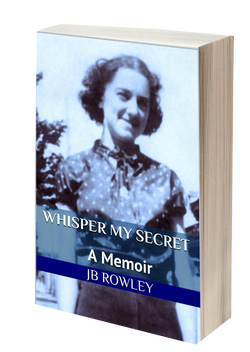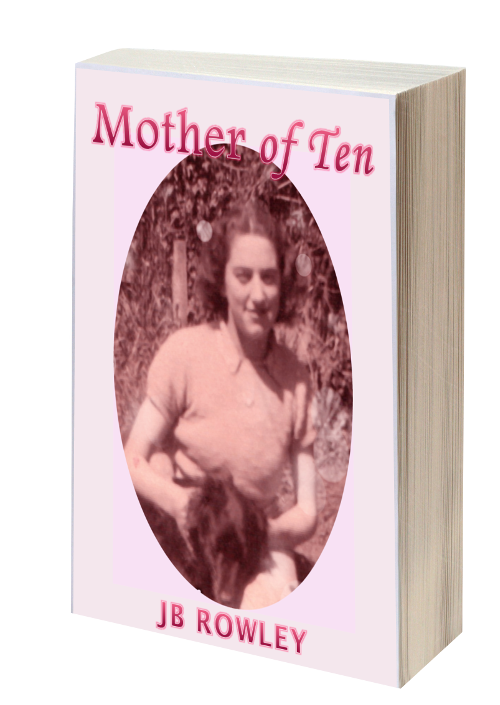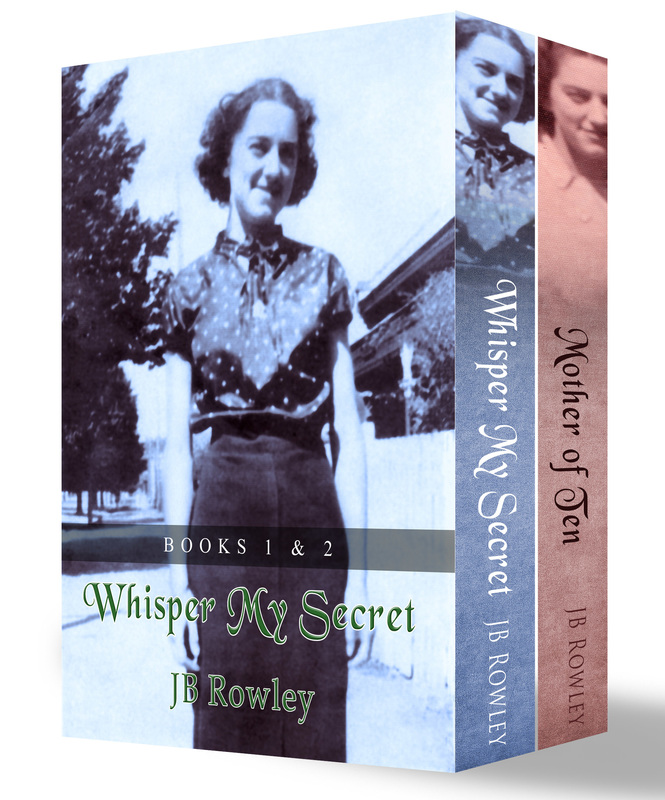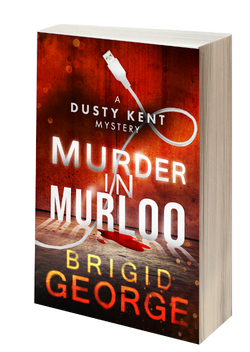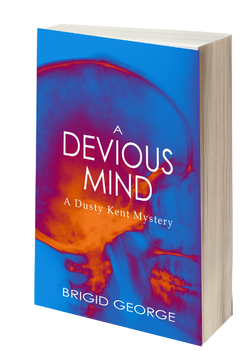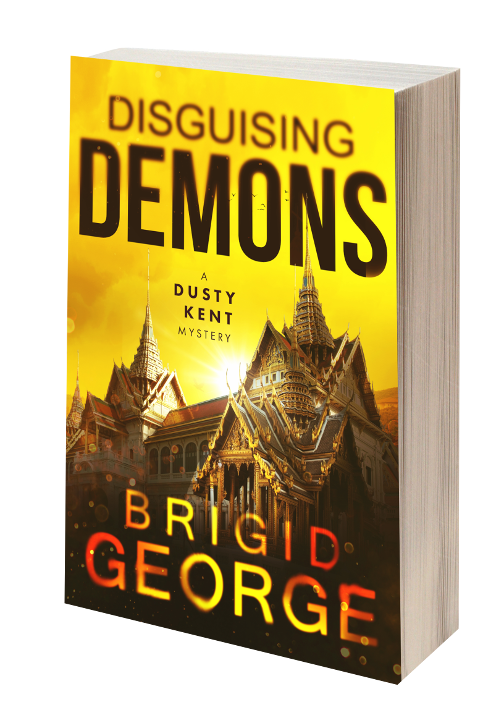|
Writing Mother of Ten took me on a journey to a secret sanctuary in my mind where remembrances sheltered. As the pages of my memory album turned, I realised what a stark contrast my early years had been to the childhood experienced by my mother’s first three children, for I had been blessed with a carefree and joyous childhood. While poverty restrained us in many ways, it also gave us freedom. Because we were poor, we lived in the bush but that in itself was a source of insouciant pleasure. Creeks, rivers, mountains and hectares of eucalyptus forests became our playground and, in some ways, our home. One of the memories featured in Mother of Ten is a visit to my father’s workplace; the woodcutters’ camp. There were men everywhere, some with axes and some with saws: strong men with the broad shoulders and calloused hands of hard-working bushmen. White Australians with faces tanned to mahogany brown from daily exposure to the sun were barely discernible from Aboriginal Australians. Some men worked with shirt sleeves rolled up, revealing their tanned forearms. Others wore blue or white singlets fully exposing their muscled arms. They all wore long pants and boots and most heads were covered by hats or berets. (Italics indicate quotes from Mother of Ten.) Bluey, the camp cook, used to make tea for us all at break time. Bluey was a big man with thick red hair and freckles all over his face. His old hat was held together in places with large safety pins. One day when we were sitting around the camp fire I learned that Bluey had once been tricked into thinking there was a ghost roaming in the bush. Late one night he had heard someone playing the mouth organ not far from their camp. There were no other camps nearby so the men thought it odd that someone would be walking through the trees in the dark playing the mouth organ. When Bluey and a couple of the men went to investigate, they were unable to locate the musician. “Whenever I got close to the sound it’d stop. Then it’d start up again in another direction and further way. So off we’d go in the direction of the music and, blow me down, if it didn’t move to another spot again, still playin’ the same tune.” Apparently, Bluey wanted to pack up camp and head back to town until they eventually worked out that the musician was not a ghost but a lyrebird. These ground dwelling brown birds can mimic any sound they hear. In fact, a lyrebird can mimic the sound of an axe so precisely that even the woodcutters cannot tell the difference. Happy memories of fun and family should be the gift given to each and every child born on this Earth. Alas, this is not the case. It certainly was not the case for the three children my mother bore before she started her second family with my father. Although Mum’s eldest child, Bertie (Kenny), did eventually grow up in a family environment, it was far from joyous. Bertie’s brother and sister were, like thousands of other children in Australia, robbed of family life and brought up in institutions. Another quest that Mother of Ten took me on was the mental pilgrimage through the lives of these children. When I interviewed Bertie, Audrey (Valerie() and Noel (Allan), their first-hand accounts were meagre because they could remember very little of their childhood. I discovered that this is not unusual for children who have been brought up in institutions. Sometimes these children prefer not to remember their early lives, sometimes they simply cannot recall much because their minds have blocked it out. In the end, I used what little my (half) siblings could tell me and tried to create a deeper picture by using first-hand accounts of other people who had been brought up in institutions including the same institutions that had accommodated Myrtle’s children. An Inquiry conducted by the Australian Senate in 2003 and 2004 received over 600 submissions from people who, as children, had been in institutions in Australia from the 1920s to the 1990s. The 2009 report of this Inquiry, known as Forgotten Australians, states: ‘…the overwhelming response as to treatment in care, even among those that made positive comments, was the lack of love, affection and nurturing that was never provided to young children at critical times during their emotional development.’ The two journeys that evolved for me through the writing of Mother of Ten epitomise the contrast between the childhood I took for granted and was privileged to enjoy, and the childhood forced on each of my half-siblings. But, although Mother of Ten explores their heartbreak, the book also celebrates their resilience, resourcefulness and determination, as well as their triumph. In my quest to convey what my mother must have suffered, I also extensively researched the lives and emotional turmoil of mothers who had been forced to give up their children. This research was as heartbreaking as it was enlightening. By the time I had finished the research and the writing of Mother of Ten, I had a much greater understanding of and deeper respect for my mother. What lies behind the title? The title was inspired by a reader of Whisper My Secret who was one of those who generously took the time to email me and share her thoughts after reading the book. When she mentioned she was a mother of ten, I thought, ‘Mother of ten, same as my mum.’ That was when I first considered calling the second book Mother of Ten. I realised it neatly fulfilled my wish to have a title that was somehow inclusive of all of Myrtle’s children. Until we meet again… JB :) See post re Why I Wrote Whisper My Secret
0 Comments
|
Author
Archives
March 2021
Categories
All
|
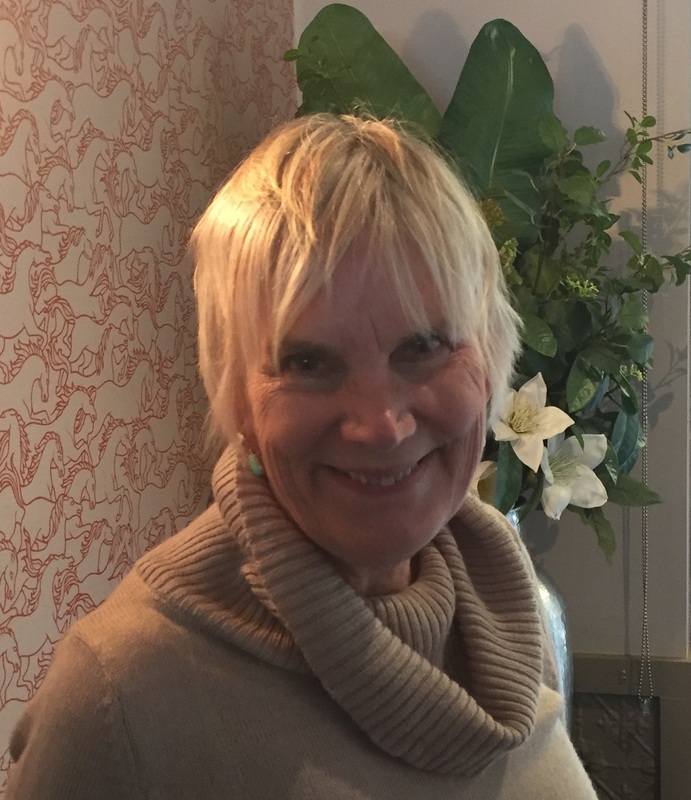
 RSS Feed
RSS Feed
